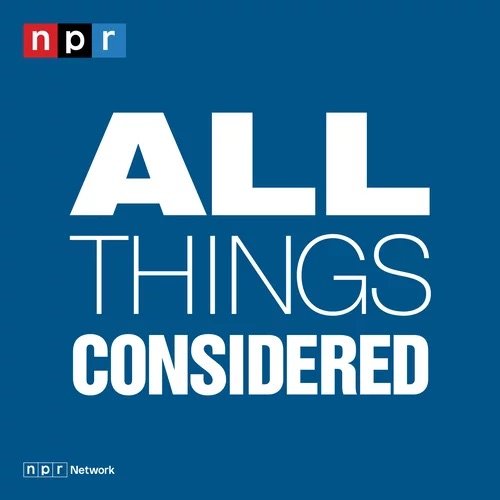AUDIE CORNISH, HOST:
And there's another summit that we're following closely today - the one in Singapore. We've heard almost nothing about how President Trump's meeting with Kim Jong Un is playing in North Korea.
Information about the daily lives of your average North Korean is hard to come by. The few details we do have come from interviews with defectors - those daring enough to find a way out.
Jean Lee is familiar with life inside North Korea. She was based there as a reporter for the Associated Press. I asked her, how much would people in North Korea know about the summit given that it's taking place in Singapore?
JEAN LEE: North Korea does a very good job of trying to control the access its people have to outside information. Now remember that most people in North Korea do not have access to the World Wide Web.
If you're lucky enough, in North Korea, to have a cell phone, you can subscribe to the main newspaper. And so you'll get the information that the government is feeding to the people as part of its propaganda.
CORNISH: Do we know what they're saying now?
LEE: We - I've been watching this closely, and I'm not surprised that they haven't announced anything regarding the summit in recent weeks because they don't do speculation in North Korea's state media. So they announce things when they've happened.
In today's Rodong Sinmun - Rodong Sinmun is the party newspaper and the main newspaper in North Korea - Kim Jong Un's arrival in Singapore was all over the front page. And so we can expect that as this summit progresses, that state media in North Korea will trumpet it as a huge historic moment.
CORNISH: You mentioned that there may be people there lucky enough to have a cellphone or access to a version of the Internet. We're all used to hearing about North Korea being one of the poorest countries in the world, so what does middle-class life look like there?
LEE: Let me first clarify that people with a cellphone have access to their own state-controlled media, but not to the World Wide Web. But most people, we should keep in mind, are living in poverty in North Korea.
This is a country of 25 million people. And while we don't know exactly the size of their economy because, to be honest, they have not published this information in decades, our estimates are they have a per capita GDP per year of less than $1,800 per person. So still very, very poor.
Remember that the images that we get are often very closely protected and filtered by North Korea's government, and so we only get the images of them as a strong country - right? - the military parades, a show of unity.
But in the rest of the country - in the countryside, in the smaller cities in particular - these are places where they don't have regular access to power, heat, in this country that's very far north, and notably, food. They have a chronic food shortage. Basic infrastructure - there are no roads. They don't have access to clean water. So much of the country remains underdeveloped.
CORNISH: What do we know about how people actually make a living? I mean, do men and women both work?
LEE: Men and women do work. Actually, they have quite a solid workforce among women. They do get some rations from the state, but that system has largely fallen apart since the famine that North Korea suffered in the 1990s. They get a little bit every month from the state, but it does leave the people to scrounge around and find a way to make up for that.
In order to eat properly, if you want any type of protein, or even fat or sugar, you have to find a way to make some hard cash in order to buy that at the market. Often, I would have just an ordinary North Korean offering to sell me some biscuits or something that they had made at home. So they get some rations, as I mentioned, and they will do what they can to make some snacks and to sell those to me.
Now I should point out that it is illegal for Americans or foreigners to use North Korea's currency without permission, but often, I did. Because I'm an ethnic Korean and I did learn how to blend in, I often had people approaching me and trying to sell me little things that they had made at home.
CORNISH: Jean Lee - she was a foreign correspondent based in Pyongyang for some time for the Associated Press. She's now at the Woodrow Wilson Center. Thank you for speaking with us.
LEE: Thanks. It was great to be with you.






















